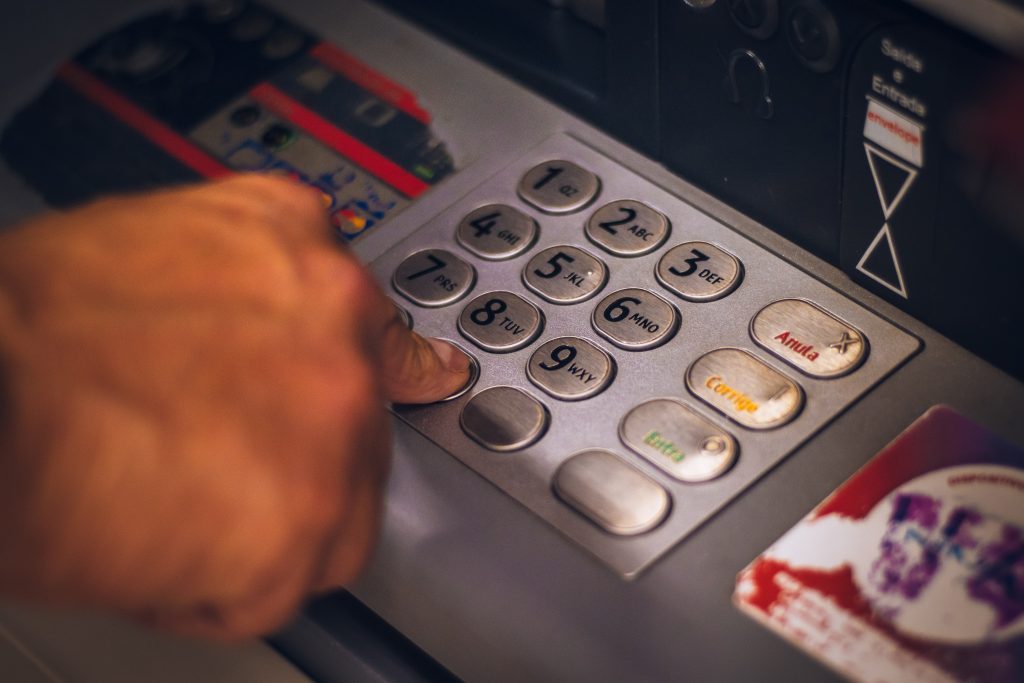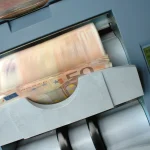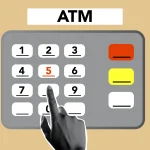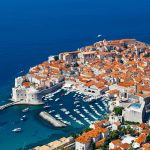As HRT reports, from the first of December, Croatian citizens will be able to buy initial packages of euro coins, and in the middle of next month, the adaptation of ATMs for the payment of banknotes will begin. “For now, everything is going according to plan. Banknotes are arriving continuously, we are minting our Croatian coins. There is a lot of work, but we will be ready on January 1”, said CNB Governor Boris Vujčić, in a guest appearance on HTV’s central Dnevnik.
When asked what will happen from the night of December 31 to January 1, he said that there is a combination of computerised/automated and purely physical cash distribution.
“ATMs must be ready to dispense cash in euros, although we will have a co-circulation of two weeks between kuna and euro. A large number of ATMs will deliver euros on January 1st, and some will be able to deliver kuna until December 31st. We will coordinate this so that it is easy for people to get cash”, he said, pointing out that it would be easiest to deposit cash in banks where it will be automatically converted on January 1.
He also commented on the inflation
“The inflation is caused by completely different things, not the introduction of the euro. It will increase somewhat after the introduction of the euro, but very little compared to this rate of inflation that we have, which is primarily caused by disruptions in the energy market, and partly also in the food market. The euro itself, when we introduce it, will contribute very little to the inflation rate”, Vujčić pointed out.
The European Central Bank’s decision to increase key interest rates entered into force today.
“In Croatia, the largest part of loans are cash loans – almost a million, and they are practically all at a fixed interest rate. Of the housing loans, of which there are a little over 200,000, 15 percent are fixed, and the rest are variable. Those who will feel the increase in interest rates are those whose rates are not fixed, he said and explained: 1 percentage point increase in interest rates on a medium loan, a medium housing loan, increases the monthly repayment installment by approximately 5 percentage points. So, on an average medial loan with an annual repayment of 3,600 euros, we have an increase in repayment by approximately 180 euros per year. This is not something people should worry about”, the CNB governor pointed out.
He also said that the recession is not here yet
“We can see a slowdown in economic activity. Our growth forecast for next year is 1 percent, but there are risks. The biggest risk is the question of whether there will be a reduction in energy sources or not. If there is no reduction, then we will get through this winter relatively well, and if there is a need for a reduction, then we have a recession”, concluded Vujčić.
For more, make sure to check out our dedicated Lifestyle section.











